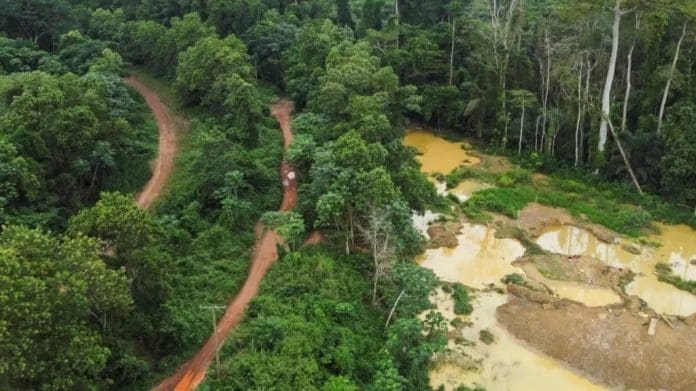Ghana’s government is moving to repeal two key mining regulations, L.I. 2462 and its amendment L.I. 2501, to combat illegal mining that has led to significant environmental destruction, particularly affecting water bodies and forests. Acting Minister Emmanuel Armah-Kofi Buah has requested the Attorney General to revoke these legislative instruments, indicating a shift in Ghana’s strategy against “galamsey,” or illegal small-scale mining.
The original L.I. 2462, enacted in 2022, regulated mining in forest reserves and granted presidential powers for project approvals. The amended L.I. 2501 transferred licensing authority to the Environmental Protection Agency (EPA) and Minerals Commission, while enhancing conservation requirements. However, analysts caution that repealing these regulations without transitional measures could create regulatory gaps, potentially undermining oversight and enforcement.
Environmental advocates argue that the repeal could help restore polluted water bodies, while some lawmakers suggest amending rather than fully repealing the regulations. The government argues that existing laws already provide the necessary regulatory framework, ensuring that no legal void emerges.
As public protests against illegal mining grow, civil society groups demand stronger protections for Ghana’s resources. Delays in the repeal process have led to concerns about the effectiveness of regulatory changes, drawing lessons from similar situations in Mali and Burkina Faso where mining code shifts caused investor disputes. The outcome will depend on balancing environmental oversight with the need for institutional coordination, as discussions continue on the implications of the proposed repeal.



